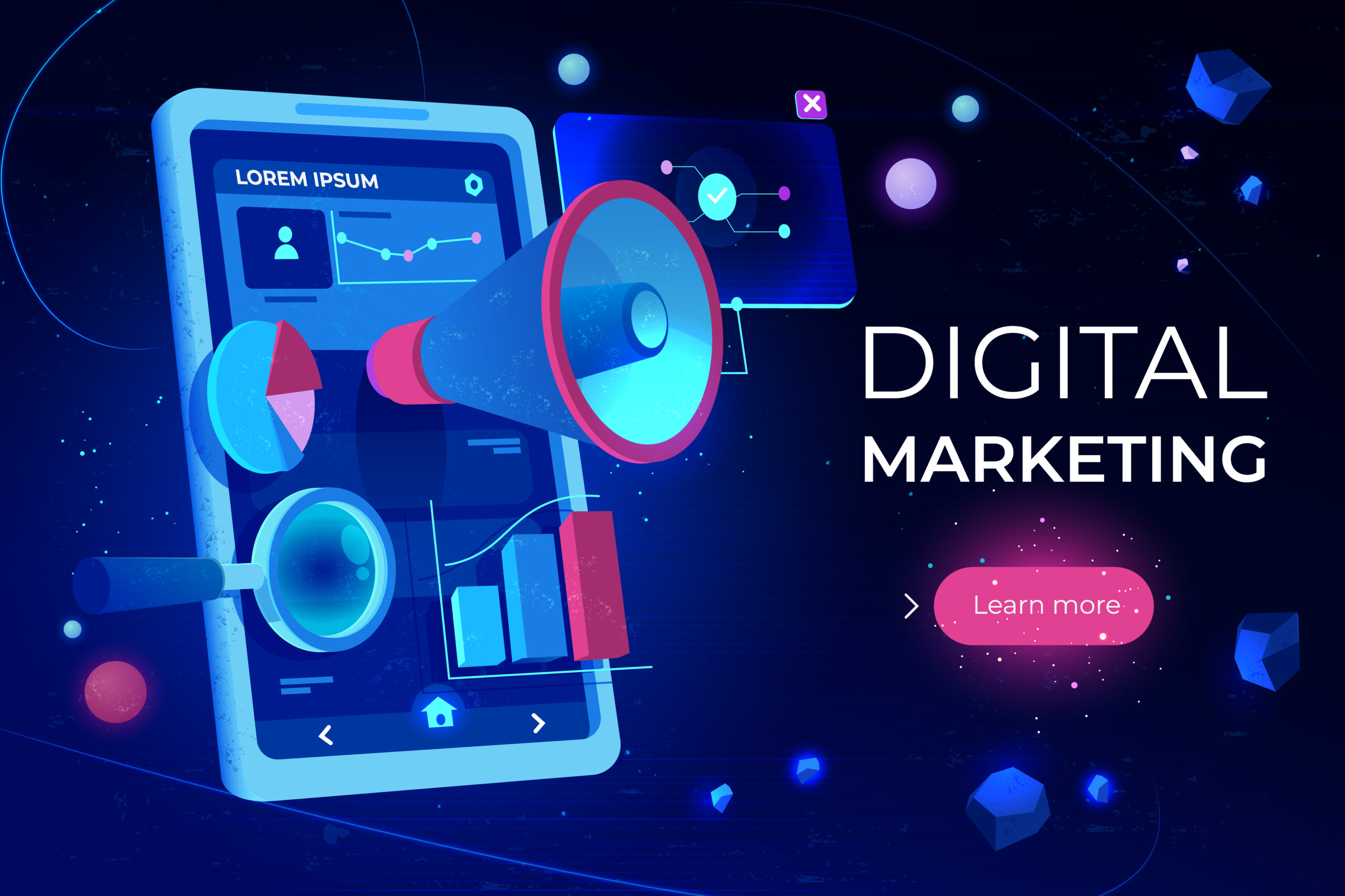Artificial intelligence (AI) is no longer just a concept or a technology focused on robots. It has a wide range of applications for marketers to automate tasks, personalize content, organize leads, and analyze and predict customer behavior.
The Growing Importance of AI: There has been an explosion in new AI tools and technologies as companies race to create bigger and better tools to help brands improve productivity and increase efficiency across industries. AI is revolutionizing digital marketing by offering new ways to search and be found online, get tailored recommendations, communicate with brands (e.g., chatbots), and access information through voice search.
In a recent survey, our members found the best uses of AI in marketing to be:
- 68% believe it’s most useful for automating routine tasks.
- 46% say it improves customer experience.
- 45% say it enhances targeting and segmentation.
With all this in mind, let’s explore:
- Pros and Cons of AI in Marketing
- Different Types of AI in Marketing
- Will AI Replace Digital Marketers?
- Future of AI in Digital Marketing
Pros and Cons of AI in Marketing:
Pros:

- Boosts productivity: Automate repetitive tasks, allowing you to focus on being more creative and strategic. For example, use AI tools to schedule and post on social media channels based on optimal times.
- Drives efficiency: AI can streamline day-to-day tasks such as data input, sorting leads, and replying to customer queries.
- Offers insights: Utilize AI’s data-driven capabilities to gain insights into customers and campaigns, informing strategic decisions.
- Personalize at scale: Analyze customer data to create tailored content and recommendations, enhancing customer experience.
- Content generation and optimization: Generate optimized content for all digital channels, crucial for SEO.
- Boosts ROI: Use AI insights to predict buying behavior, improving user experience and providing relevant content throughout the marketing funnel.
- Predictive analysis: Use historical data to predict market trends and customer behavior for more accurate planning.
Cons:
- Lack of accuracy: Errors in data can lead to inaccuracies and costly business decisions.
- Requires skills: AI tools require knowledge and skills to use effectively, necessitating upskilling and hands-on experience.
- Bias: AI systems can be biased based on the data they use, posing risks of gender, racial, cultural, or socioeconomic biases.
- Data sensitivity and security: Extensive datasets may include sensitive information that must be managed securely.
- Ethics: Ethical concerns include consent, data manipulation, and privacy issues in hyper-targeted ads.
- Transparency: Issues about plagiarism, authorship, transparency, and intellectual protection arise as AI-generated content becomes more common.
Different Types of AI in Marketing:
- Machine Learning (ML): ML enables machines to solve problems by learning from previous data sets. For marketers, ML can be applied to ad targeting, lead generation, and SEO. Social media platforms like Facebook and Instagram use ML to improve user experience and content categorization.
- AI Assistants & Chatbots: Chatbots use ML and Natural Language Processing (NLP) to interact with customers, answer queries, and fulfill orders. Examples include Drift, Intercom, and Lyro, which are used by brands like Glossier, Uber, and Netflix to manage customer interactions.
- Voice Search: AI handles various search types, including voice recognition. Voice search is growing, with 62% of Americans using voice assistants. Google’s AI-powered voice recognition is integrated into products like Google Search, Assistant, and Home devices, crucial for SEO optimization.
- Marketing Automation & Personalization: AI-driven marketing automation enhances personalization, cost-effectiveness, ROI, and data-driven decision-making. AI helps in ad targeting, such as Google’s AI-powered broad match and smart bidding used by brands like tails.com to improve conversions.
Will AI Replace Digital Marketers?
While AI can perform many tasks, it requires human intervention to review, tweak, and optimize outputs. AI should be leveraged to plan, inform, and optimize marketing activities. Hands-on experience with AI tools is crucial for generating content, finding SEO keywords, optimizing ads, and creating email workflows.
Future of AI in Digital Marketing:
AI continues to enhance marketing strategies through hyper-personalization, improving customer experiences, and streamlining campaign processes. Companies like HubSpot, Zapier, and Salesforce incorporate AI solutions to help marketers effectively use technology.
Next Steps: AI is set to play a significant role in search marketing, social media, and influencer marketing. Marketers need to create content that is both human and AI-friendly to stay competitive. Social media platforms are also becoming search engines, making AI even more critical.




